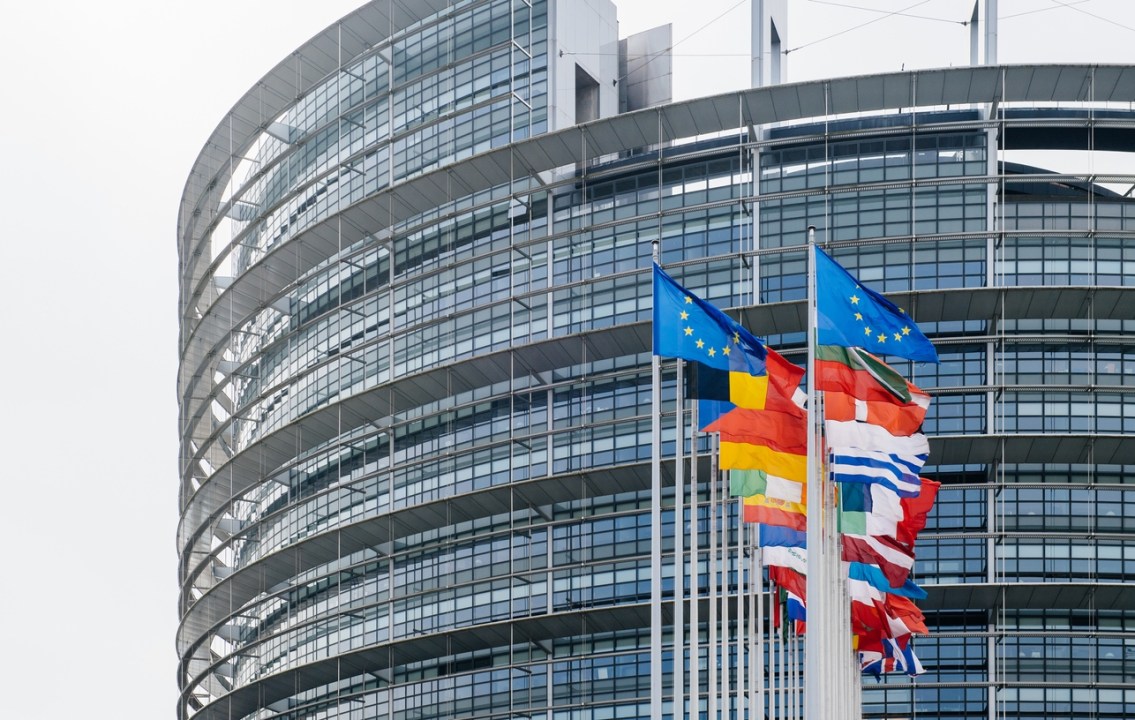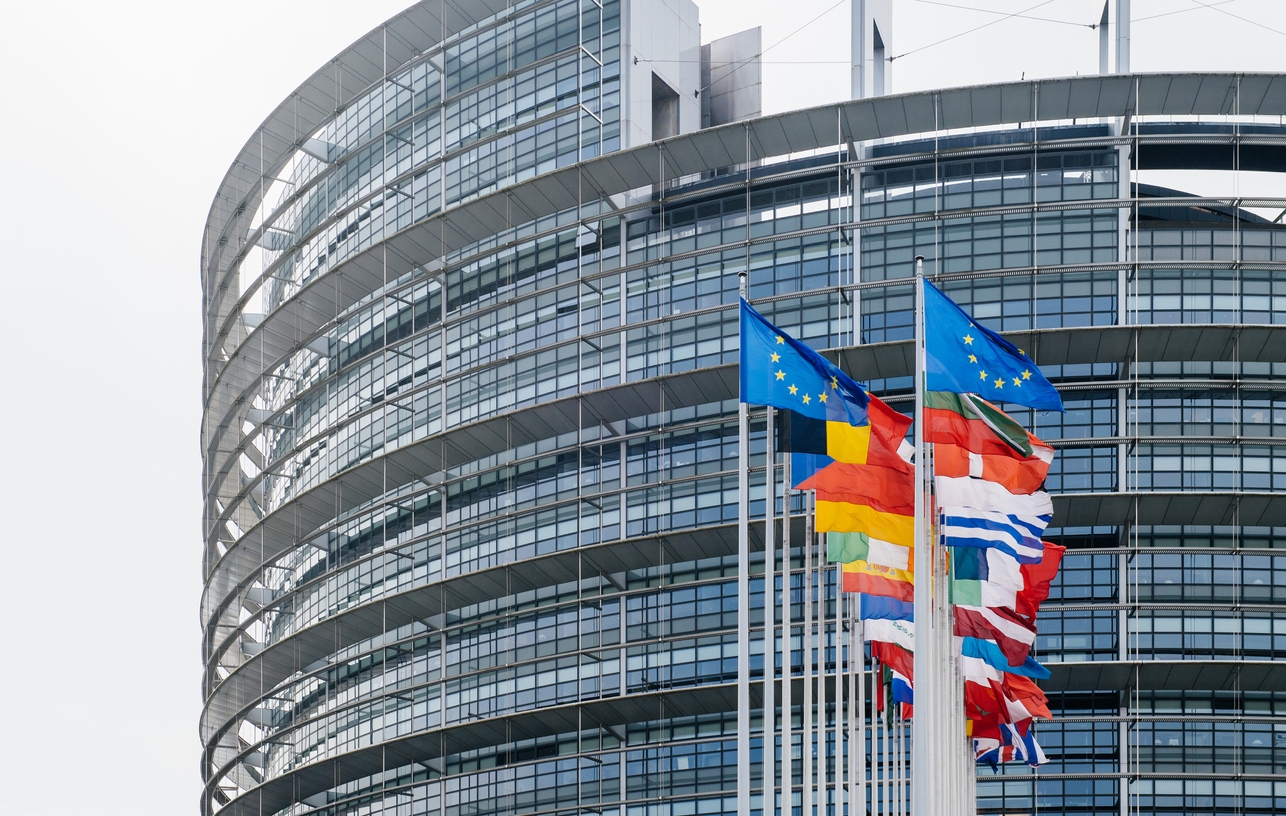The European Parliament is always eager to lecture the world about human rights. To a degree, this annoys the world’s despots and we should, of course, never underestimate how ‘sunlight is the best disinfectant’. But the Parliament’s overall influence on foreign affairs is still limited.
On Tuesday, however, MEPs received an opportunity to actually make a difference when it came to protecting human rights. The European Parliament had to decide whether to lift the immunity of three Catalan nationalist MEPs – former Catalan government leader Carles Puigdemont and former ministers Antoni Comín and Clara Ponsatí – that are facing criminal charges in Spain for their roles in organising an independence referendum in 2017. They fled to Belgium following the referendum and were elected to the European Parliament in 2019.
A majority of MEPs have now voted to strip the politicians of their parliamentary immunity, which means the Belgian courts will need to look at Spanish requests to extradite them again.
The idea of parliamentary immunity is that politicians should not be prosecuted for their political actions. Of course, parliament should have the power to lift this immunity when a non-political crime has been committed. The question at hand is whether the Catalonians are being subjected to a politicised prosecution. In the event, 42 per cent of MEPs still opposed lifting parliamentary immunity.
One important aspect is that ‘sedition’ and ‘rebellion’, the charges against the MEPs, are not crimes in Belgium. And the European Arrest Warrant says that one can only be extradited for something that is also a crime in the member state that is asked to extradite, in this case Belgium.
There is good reason to protect the Catalan MEPs from more judicial attempts to extradite them. Since 2017, the Belgian judiciary has rejected all of Spain’s extradition attempts. Even the allegation that the politicians are guilty of ‘misuse of public funds’ hasn’t been enough so far.
Only in January, a Belgian judge denied a Spanish request to extradite Lluís Puig, a former Catalan Minister. This follows a long string of Belgian judicial decisions which have denied extradition, on various legal grounds.
In 2015 a report by the NGO ‘Fair Trials’ slammed Spain’s judicial system when it came to the Puigdemont case, outlining deficiencies including ‘poor and belated access to the case-file for defence lawyers’, ‘over-reliance by judges on arguments put forward by the prosecution at the expense of those of the defence’ and ‘insufficient use of alternative measures to detention’ pre-trial.
Extradition remains a tricky business. In any case it is good to have independent judges acting as a bulwark to at least guarantee a second look at the issue. Fundamentally, however, Catalan separatists should not be locked up for organising an advisory referendum.
Spain argues that the 2017 independence referendum was not ‘advisory’ at all and this was really a coup. Considering that a large part of Catalan society disagrees with the idea of independence, this argument must be taken seriously.
But no violent actions were undertaken by Catalan politicians. Sure, the politicians had boasted that their illegal referendum was binding and a few weeks after the vote – in which independence was backed by 90 per cent – the Catalan Parliament also issued a ‘Catalan declaration of independence.’
On the same day, however, Spain’s central government in Madrid invoked Article 155 of the Spanish Constitution, enabling it to take over Catalan institutions, dismiss the Catalan government and force new Catalan elections.
The referendum had already been declared unconstitutional by the Spanish Constitutional Court before it took place, so the Catalan legislation establishing the referendum was void under Spanish law. In other words, there was no doubt over the lack of legal force this referendum had, whatever Catalan national politicians may have said. In effect, this was a non-binding, advisory, mock referendum, which was confirmed by the fact that so many opponents of independence simply boycotted the exercise. In a nutshell, it was politics, which is exactly why the European Parliament should have protected its MEPs from prosecution.
It is important for European governments to be very careful when questioning Spain or its judicial system. A diplomatic approach is preferable here, and rightly so. The Spanish authorities should show the same kind of restraint when sticking their nose into the business of other member states. When a Belgian judge decides not to extradite a Spanish politician, that should be the end of the matter.
Former Spanish Foreign Minister Josep Borrell could learn this. In 2019, despite having just become the EU’s High Representative for Foreign Affairs and Security Policy, he openly criticised the Belgian judiciary for refusing to extradite Puigdemont. It wasn’t the first time Borrell waded into the domestic politics of other countries. In 2018 he stated as Foreign Minister that ‘I think the United Kingdom will split apart before Spain.’
Perhaps Spanish politicians like Borrell can learn from the UK’s own approach to separatism, which was prepared to let a part of the country secede, as the 2014 Scottish independence referendum testified. Even better may be for Borell to learn from Switzerland, which back in 2017 offered to mediate between Madrid and Catalonia. Switzerland’s four language groups live happily together across 26 cantons without the constant skirmishing we’re witnessing in Spain, Belgium or even the UK. The key? Let everyone pay their own bills and decide their own rules to the maximum extent possible.
Switzerland’s secret is that unlike other places in the world, its decentralised regions have plenty of taxation power. Typically, central governments prefer to give away cash, not tax powers, when trying to appease separatist regions, as the UK and Spain have done. Interestingly, the exceptions in Spain are the Basque Country and Navarre, which have way more tax sovereignty for historical reasons. Granting more tax powers to Catalonia could be the good compromise to settle the issue for at least a generation. When they’re at it, Madrid could grant the same extra powers to impoverished regions like Extremadura, which could truly enable those regions to create an attractive fiscal climate for industry, rather than relying on the old, failed development model of sending cash transfers from Madrid or Brussels.
The European Parliament has brought none of that closer by voting to lift the immunity for the three Catalans. Instead of sending a signal to Madrid that the time has come to settle this politically instead of through the courts, they simply opted for the non-contentious option. Now, MEPs can once again focus on lecturing dictators, having lost even more of their already dented credibility.







Comments